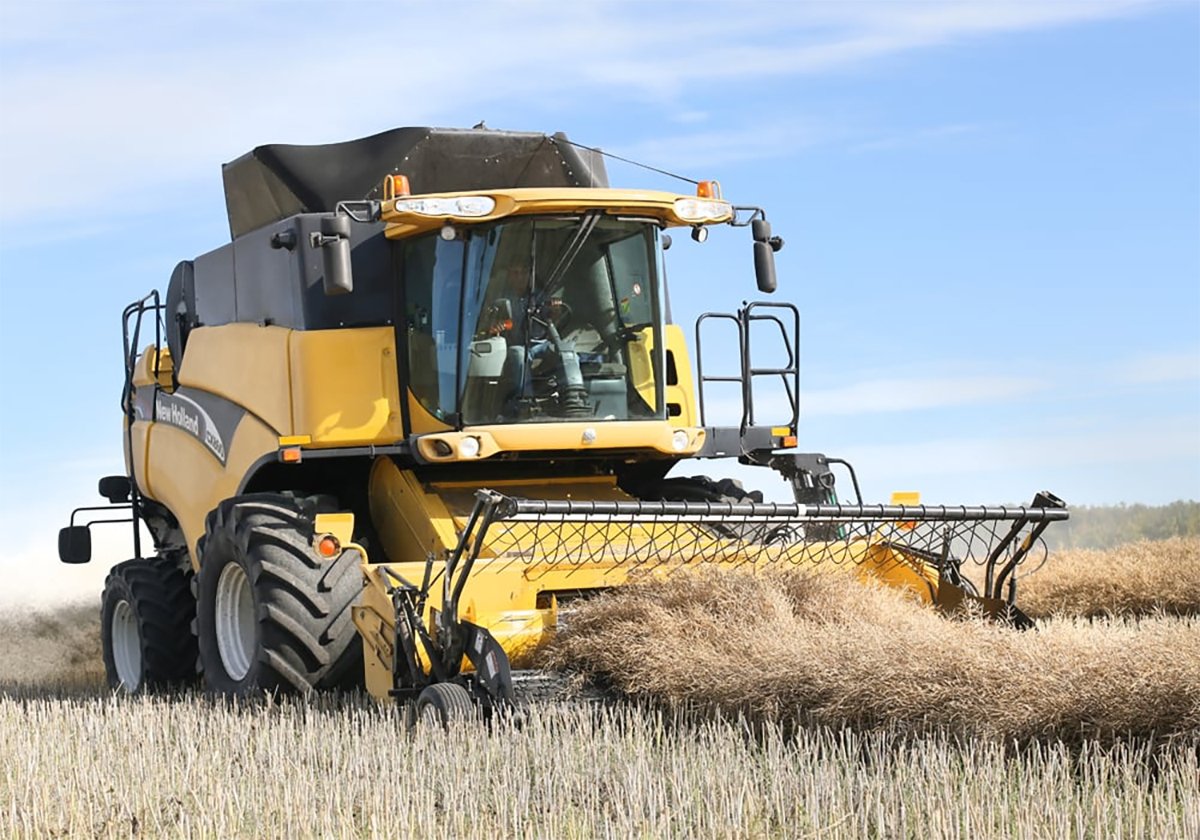It was back in October when a 100 per cent Canadian tariff was announced on Chinese electric vehicles, along with a 25 per cent tariff on Chinese steel and aluminum. China subsequently proclaimed an anti-dumping investigation into Canadian canola.
However, it came as a surprise when China announced 100 per cent tariffs on Canadian canola oil and meal as well as all classes of peas. In addition, there’s a 25 per cent tariff on Canadian pork and seafood.
Canola seed wasn’t the target as expected, but that hammer could still be coming.
Read Also

Farm Credit Canada extends support for canola producers
Farm Credit Canada has extended its Trade Disruption Customer Support program to canola producers.
The Chinese announcement on top of American tariffs plus the exclusion of canola oil for American renewable diesel has produced a massive drop in canola prices.
Canola crushers, which are typically the premium market for farmers, will be facing negative crush margins and will no doubt slow production. It isn’t good timing for the new Cargill canola crushing plant at Regina that’s scheduled to come on stream later this year.
Farmers who want to switch seeding plans and reduce their canola acreage may find it more difficult than in a regular year. It’s reportedly much more difficult than usual to return canola seed to the major suppliers.
It seems impossible to determine how Canada can resolve its ongoing tariff threats with the United States, but in the case of China, the EV tariff is the obvious trigger.
We seem to be counting on the potential of Canadian EV manufacturing rather than the certainty of the existing canola industry affecting thousands of farmers and canola crush plant workers.
Some see it as another case of Central Canada being favoured over the West.
Certainly, the Chinese tariffs have received limited national news coverage, while every burp from U.S. president Donald Trump is headline news.
When asked about the possibility of reducing or eliminating our tariff on Chinese EVs, the federal government has been resolute. Chinese EVs are heavily subsidized, it says, labour standards are lax and manufacturing is not done with proper environmental standards.
We could say the same thing about most Chinese products, as well as products from many other nations, but we continue to do business with them.
And if EVs are so good for the environment and Canadians actually want to buy them, isn’t it counterintuitive to stymie trade? And aren’t we also subsidizing EVs and EV battery production?
Canada announced the EV tariff in concert with the U.S. and other nations when Joe Biden was president. With U.S relations at a historical low point, why shouldn’t we forge our own path on Chinese trading relations?
Remember the Chinese ban on two major Canadian canola exporters and the detention of the two Michaels? That was caused by the American request to detain Huawei executive Meng Wanzhou. Trying to be such a close friend to the U.S. has not always served us well.
Western Canada has a tendency to blame everything on the Liberal government. However, the Conservatives haven’t been condemning the EV tariff, nor have they been saying it should be open to negotiation as a way to reverse China’s trade action.
The Conservatives believe they’ll win the vote on the Prairies, where canola is a critical export, even if they don’t stand up on this issue. They may be unwilling to rock the boat in Ontario and Quebec, where the next election will be won or lost.
The Chinese tariff would seem solvable. It’s a question of political will.
Kevin Hursh is an agricultural journalist, consultant and farmer. He can be reached by e-mail at kevin@hursh.ca.


















